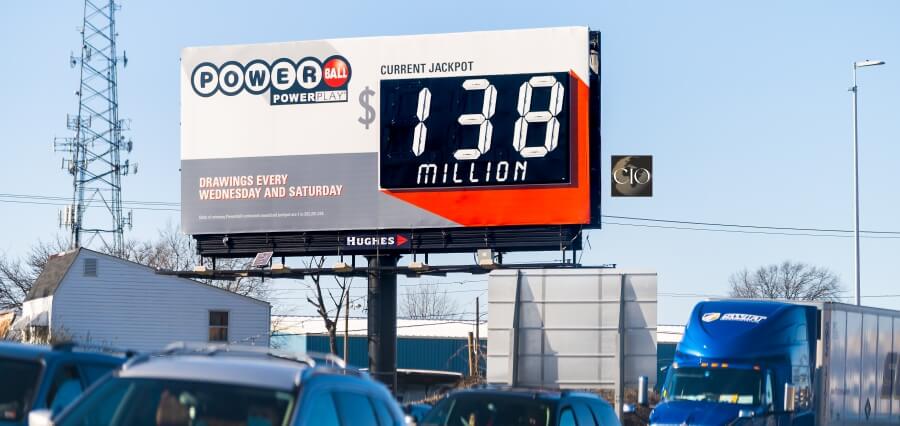The Powerball jackpot has reached $760 million for the upcoming draw, making it the sixth largest in history. However, winners may not take home the same amount due to varying state taxes. While federal taxes are uniform at an upfront rate of 24%, winners could potentially face an additional 23% when filing their tax returns, reaching the top tax rate of 37% for 2023. State and local taxes differ widely, ranging from 3% to 6%, with a maximum of 10.9% in states like New York. Eight states—California, Florida, New Hampshire, South Dakota, Tennessee, Texas, Washington, and Wyoming—do not charge state taxes on lottery winnings.
In tax-free states, winners can take home the maximum payout of $241,012,045 as a cash lump sum or opt for a 30-year annuity totaling $479,911,350. However, winners often choose the lump sum for immediate reinvestment opportunities. In states with taxes, the difference between the annuity and cash lump sum can be substantial, such as an $82,839,990 difference for the annuity and $41,692,500 for the lump sum in New York.
It’s important to note that if a winning ticket is purchased outside of one’s home state or district, additional state taxes may apply where the ticket was bought, in addition to taxes in the winner’s home state. Reporting out-of-state winnings is generally required by the home state, but some states offer credits or deductions for taxes paid to a non-resident state.
The upcoming Powerball draw is scheduled for Saturday at 10:59 p.m. ET, and if there is no winning ticket, the jackpot prize will carry over to the next draw. The odds of winning the Powerball jackpot are 1 in 292,201,338, according to the Multi-State Lottery Association.







